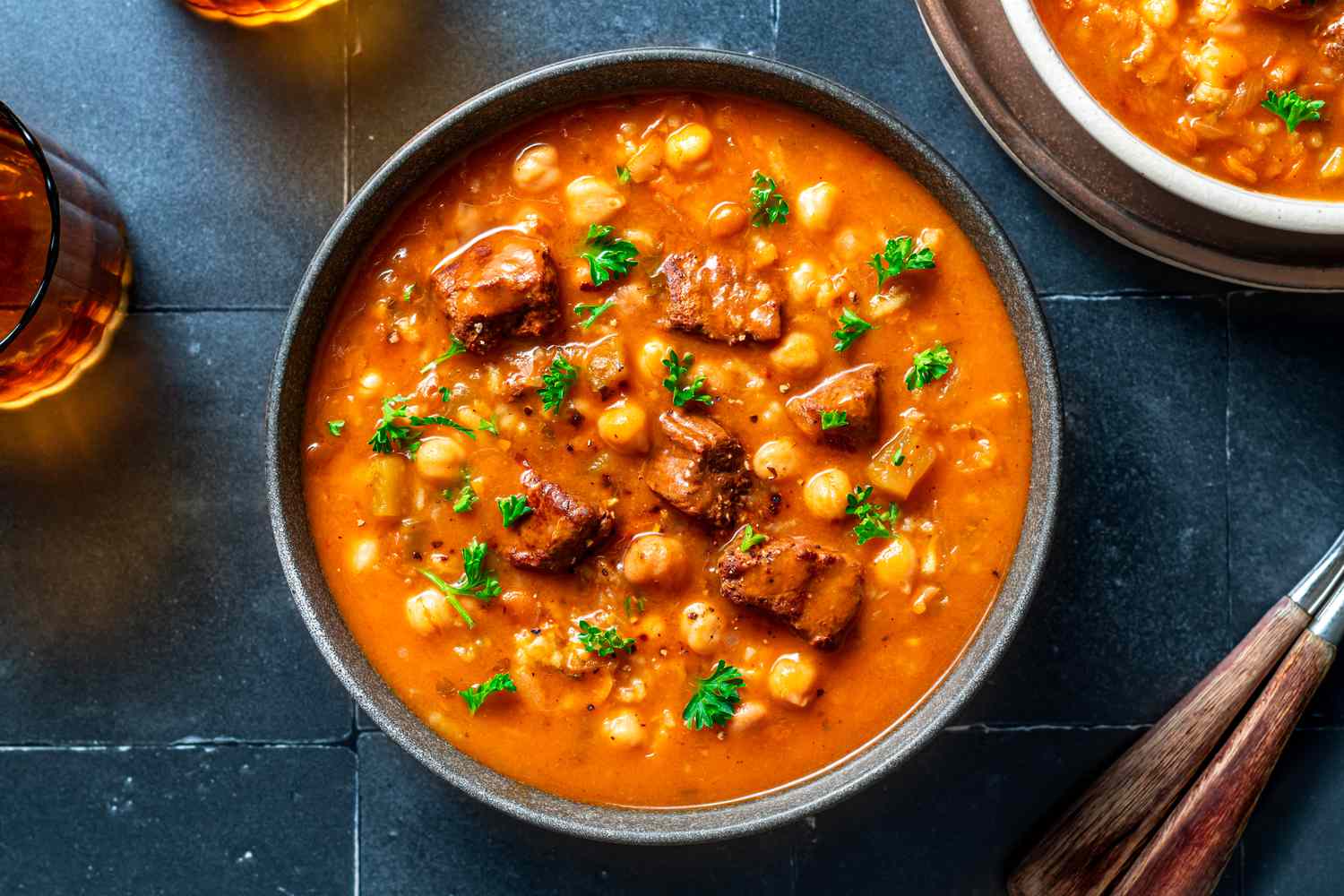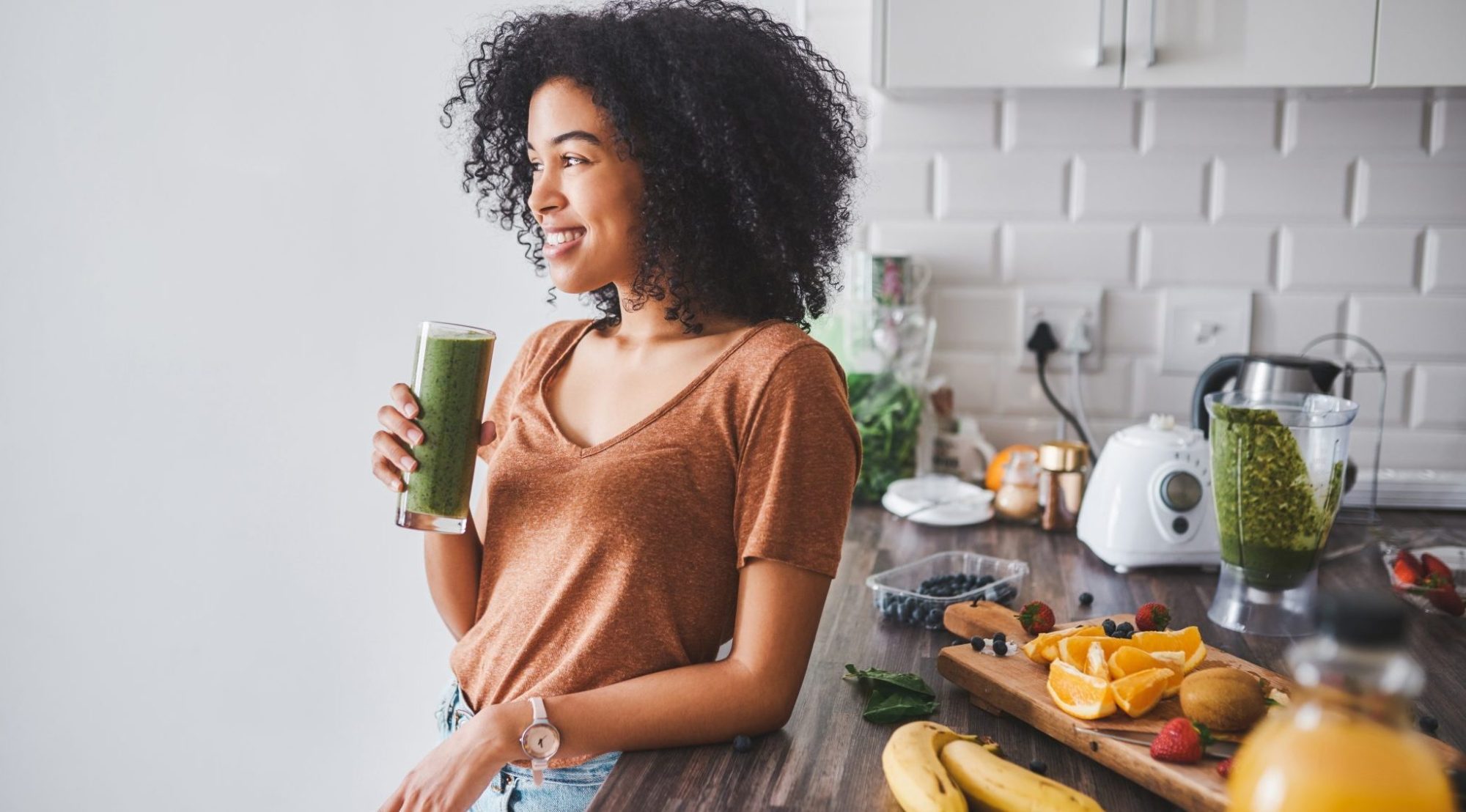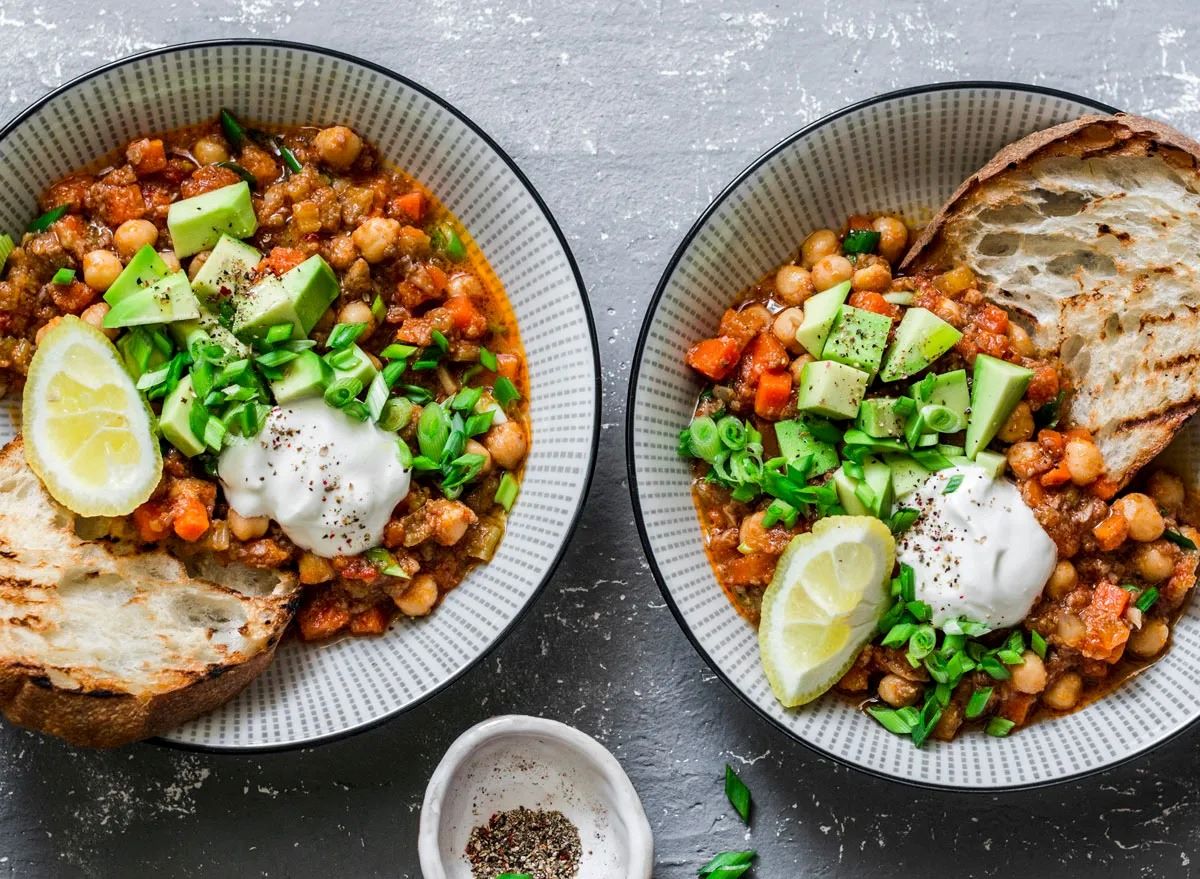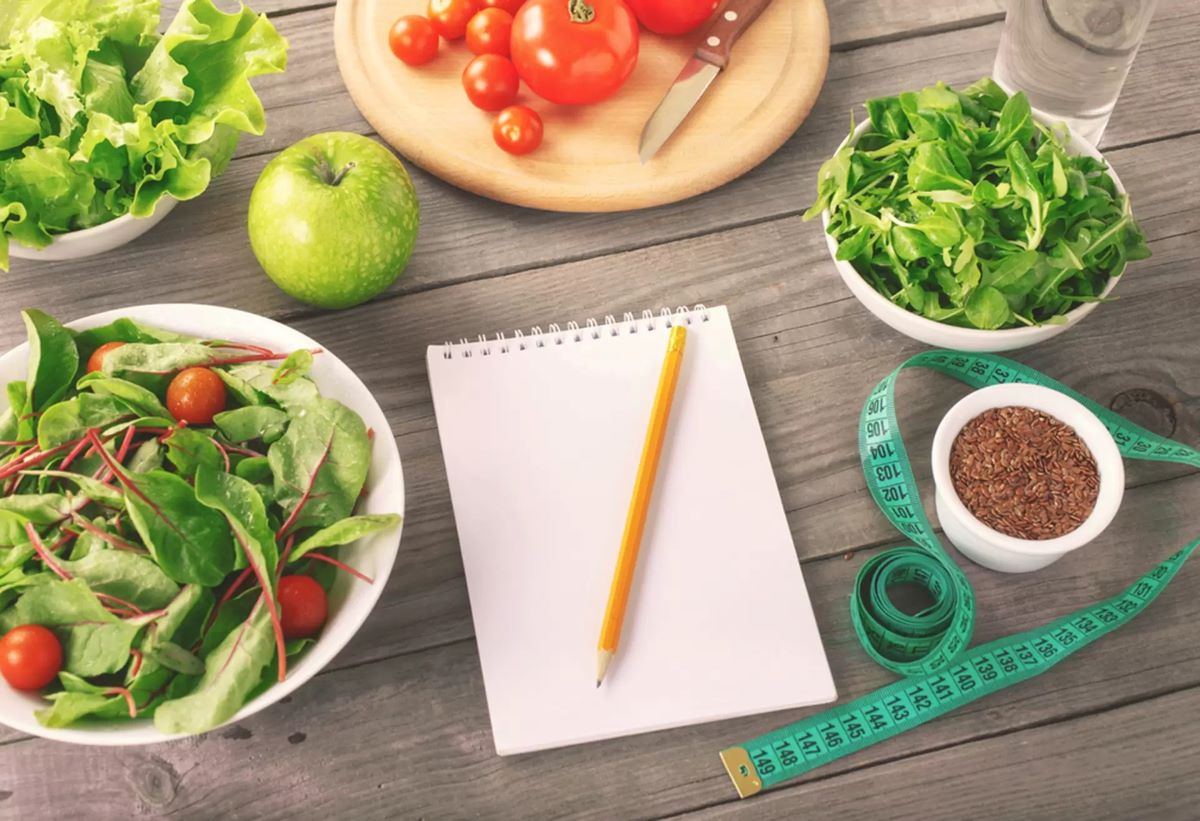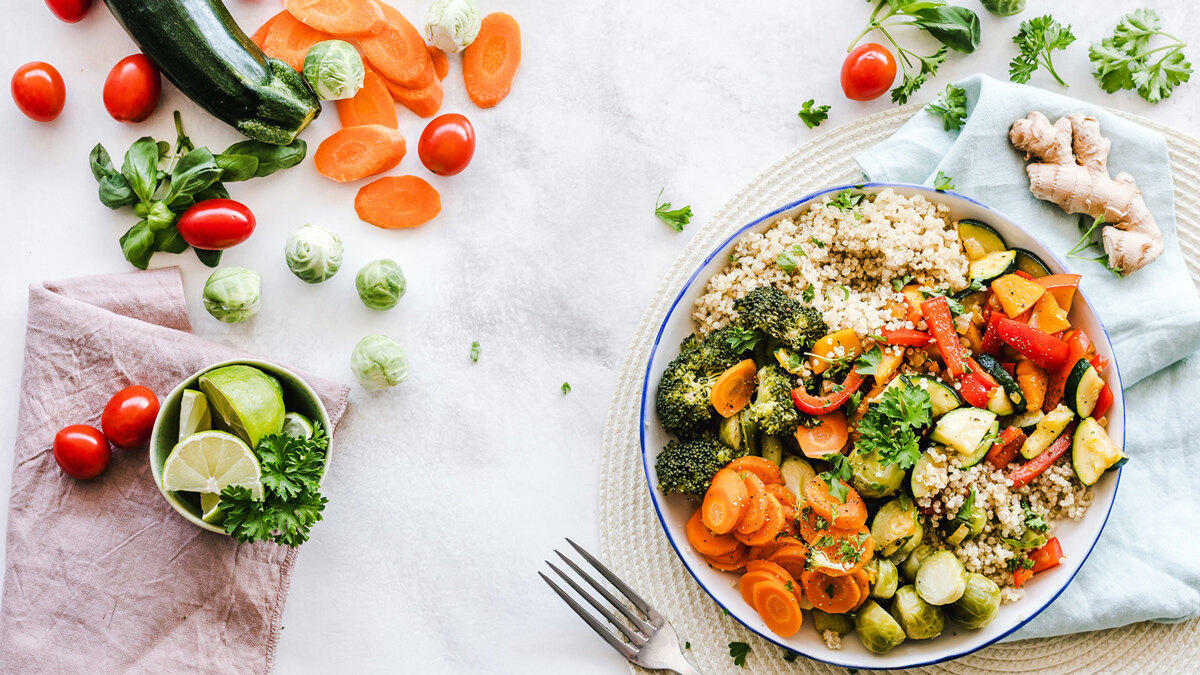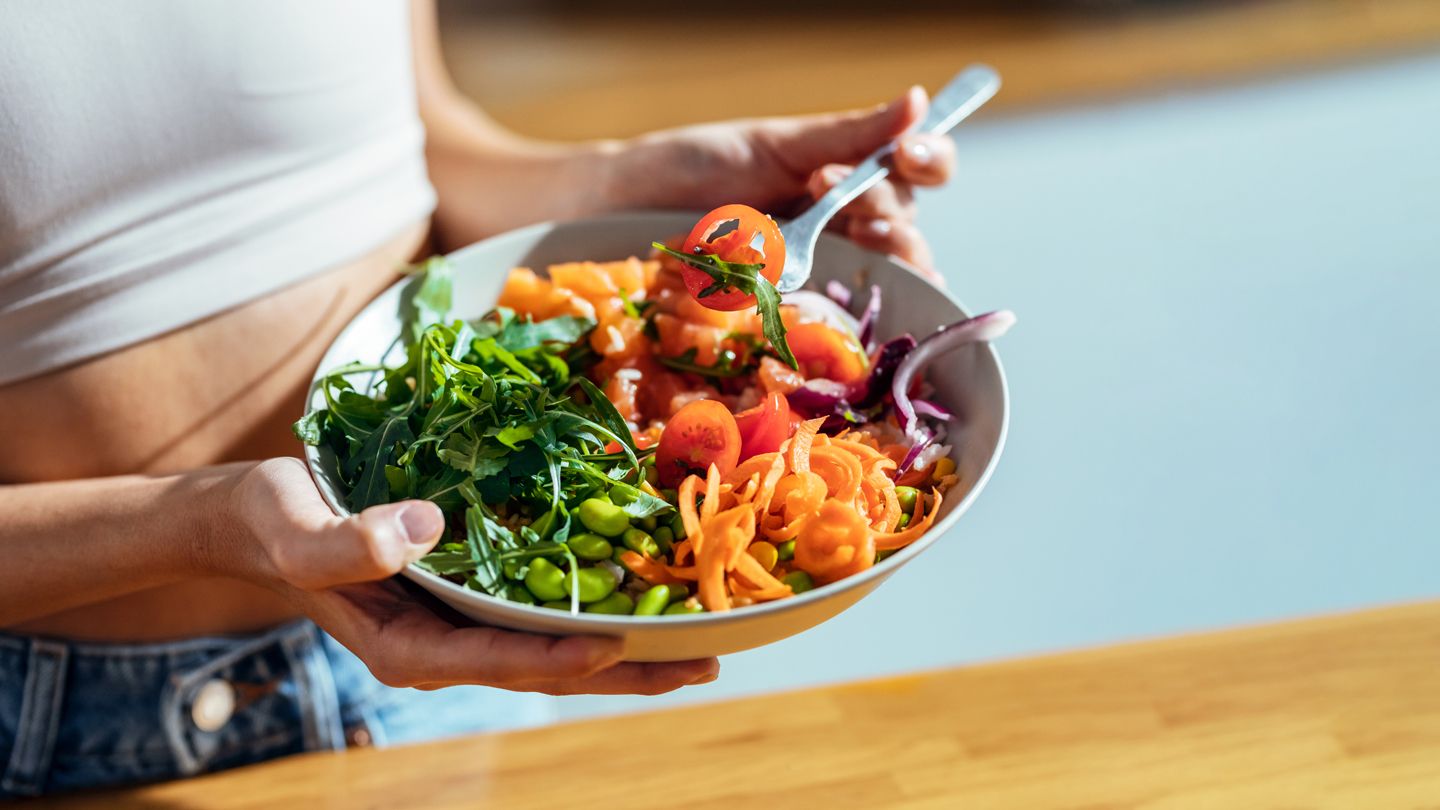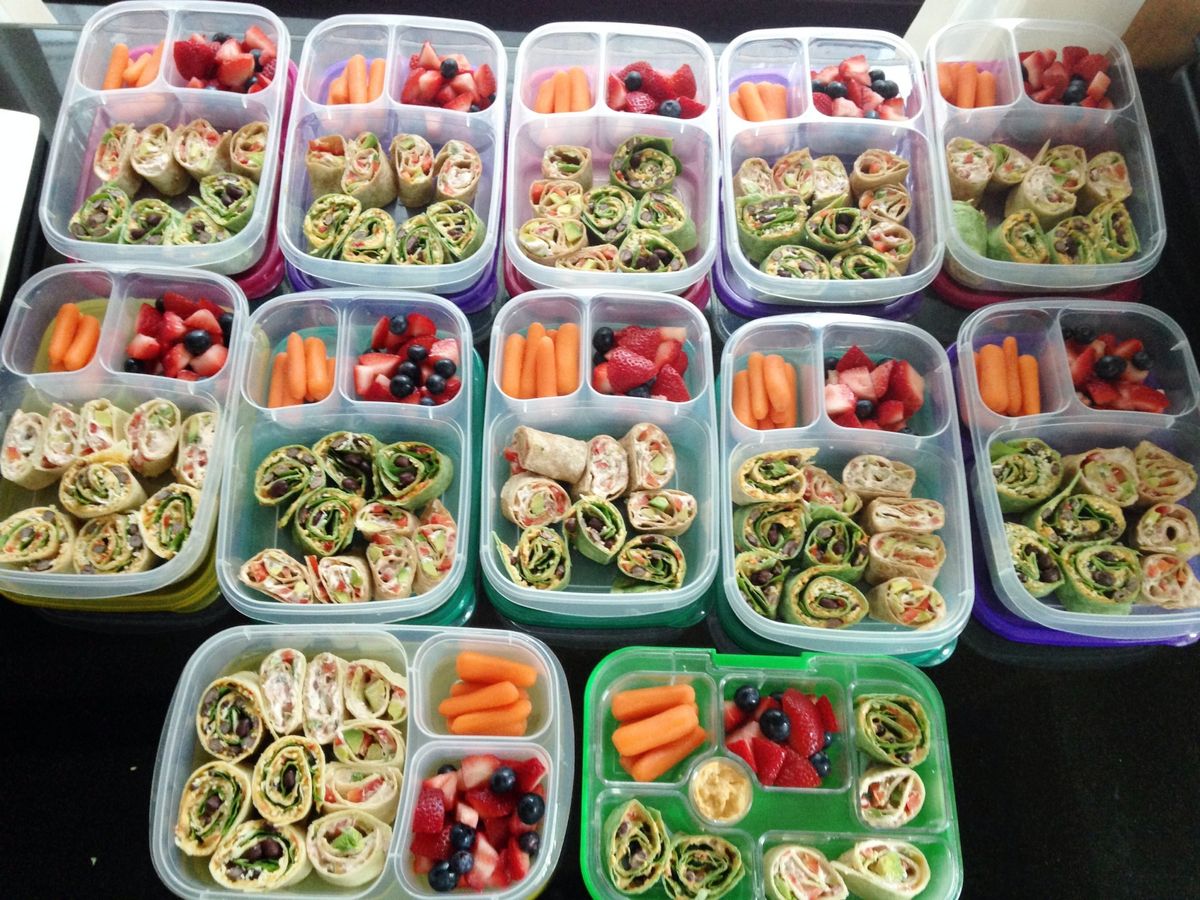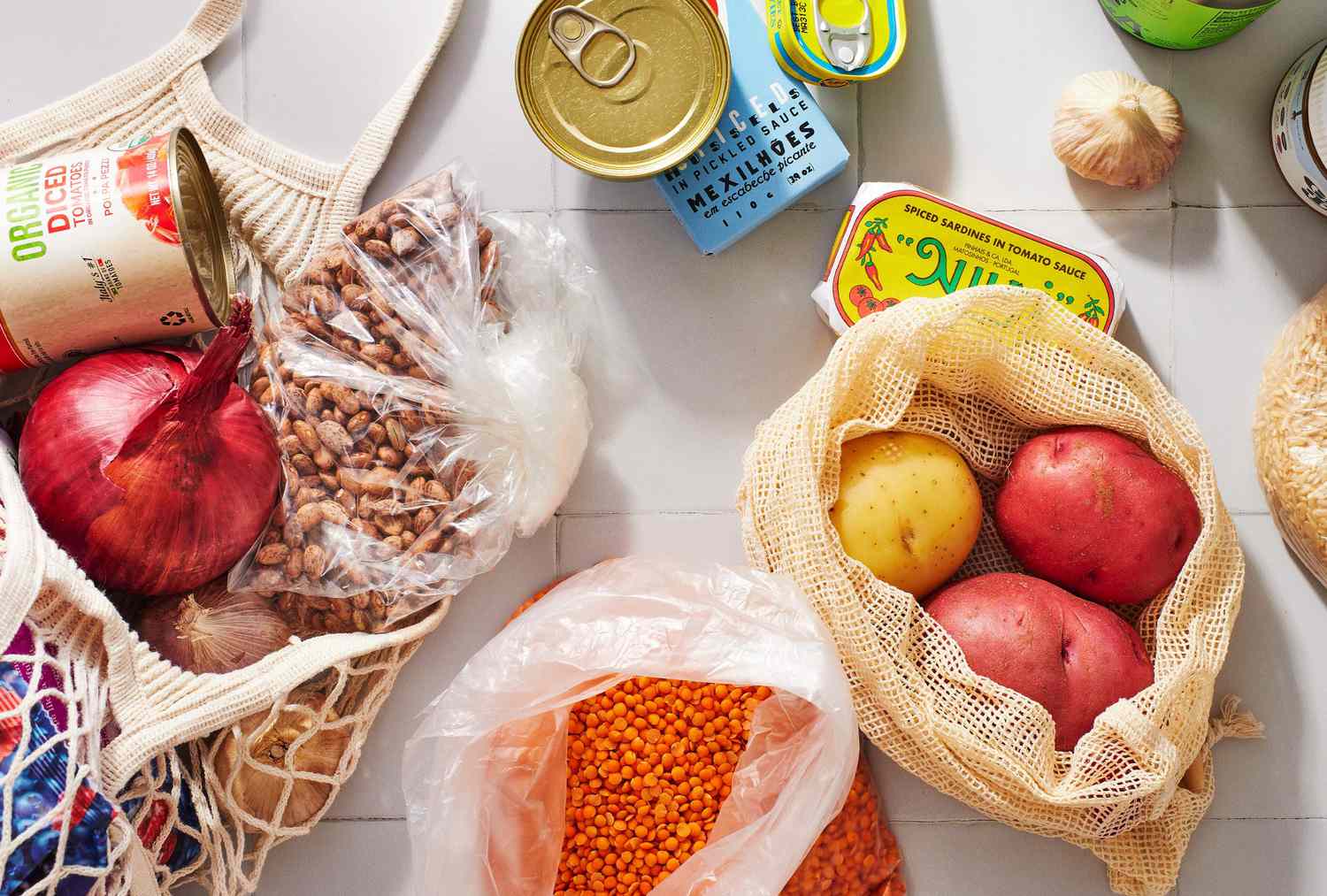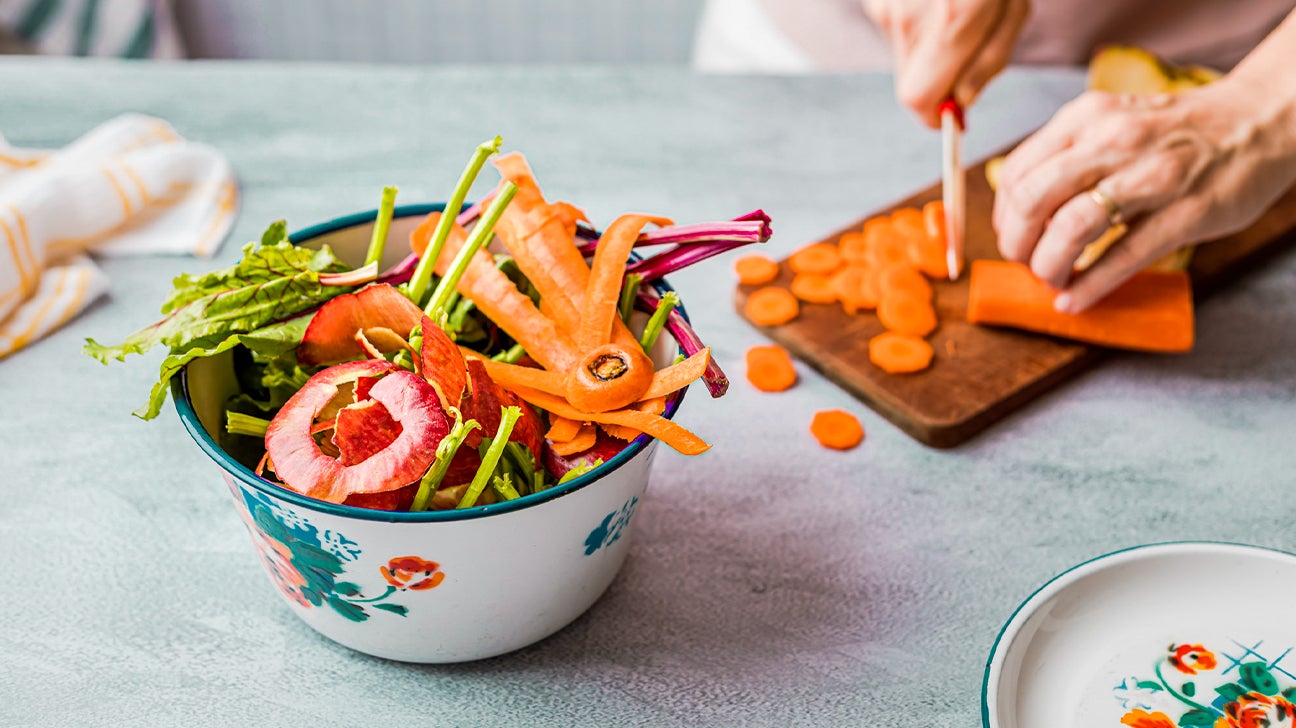How to Maintain a Healthy Diet During Ramadan
During the holy month of Ramadan, Muslims fast from dawn to sunset, refraining from consuming food and drink. This period of fasting can be a wonderful opportunity to reset and rejuvenate the body, but it’s important to pay attention to what and how you eat during non-fasting hours to ensure that you maintain a healthy diet. Here are some tips for eating healthily during Ramadan:
1. Suhoor – The Pre-Dawn Meal
Suhoor is the pre-dawn meal that provides the energy and hydration needed to sustain you throughout the day. It’s important to choose foods that are slow to digest and release energy gradually. Opt for complex carbohydrates such as whole grains, oats, and brown rice, as well as protein-rich foods like eggs, yogurt, and nuts. Don’t forget to drink plenty of water to stay hydrated during the day.
2. Iftar – The Sunset Meal
Iftar is the meal that breaks the fast at sunset. It’s crucial to break your fast with a balanced meal that includes a variety of nutrients. Start with dates and water to replenish your energy and hydrate your body. Follow this with a balanced meal that includes lean proteins, healthy fats, and a variety of vegetables. Avoid overeating and opt for smaller portions to prevent digestive discomfort.
3. Choose Nutrient-Dense Foods
During non-fasting hours, focus on consuming nutrient-dense foods that provide essential vitamins and minerals. Incorporate a variety of fruits, vegetables, whole grains, lean proteins, and healthy fats into your meals. These foods will help to nourish your body and keep you feeling satisfied throughout the day.
4. Limit Processed and Sugary Foods
Processed and sugary foods can lead to energy crashes and cravings, especially during fasting. Try to limit your intake of these foods and opt for natural sweeteners like dates and honey. Choose whole foods over processed snacks to support stable energy levels and overall well-being.
5. Mindful Eating
Practice mindful eating during non-fasting hours. Take the time to savor and enjoy your meals, paying attention to your body’s hunger and fullness cues. Eating slowly and mindfully can help prevent overeating and promote better digestion.
6. Stay Active
While fasting, it’s important to stay active to maintain overall health and well-being. Engage in light physical activity such as walking, stretching, or gentle yoga during non-fasting hours. This can help to boost your energy levels and promote a sense of well-being.
7. Hydration is Key
Hydration is crucial during Ramadan, especially when fasting for long hours. Be sure to drink plenty of water during non-fasting hours to prevent dehydration. You can also incorporate hydrating foods such as water-rich fruits and vegetables into your meals.
8. Seek Balance
Balanced eating is essential for maintaining good health during Ramadan. Aim to include a variety of food groups in your meals to ensure that you’re getting a wide range of nutrients. Listen to your body’s needs and make choices that support your overall well-being.
By following these tips, you can maintain a healthy diet during Ramadan and support your overall well-being throughout the month of fasting. Remember to consult with a healthcare professional or a registered dietitian if you have specific dietary concerns or health conditions.
